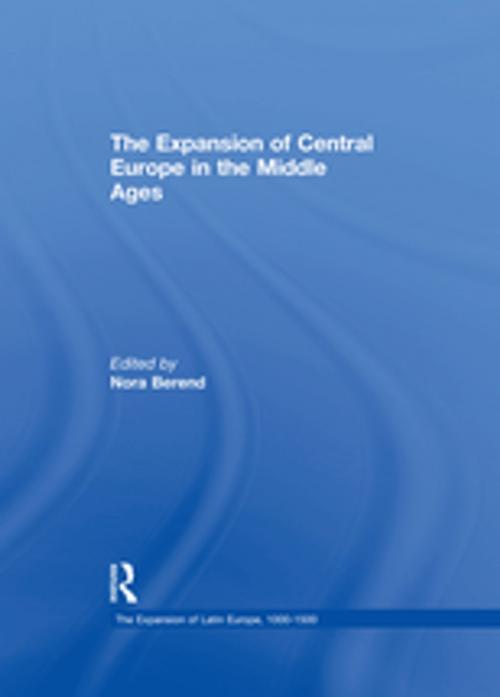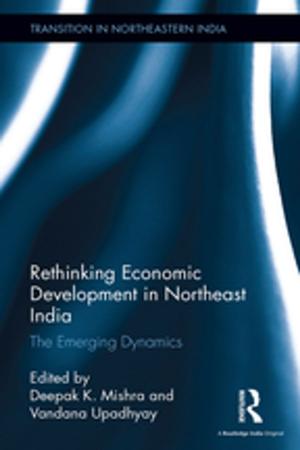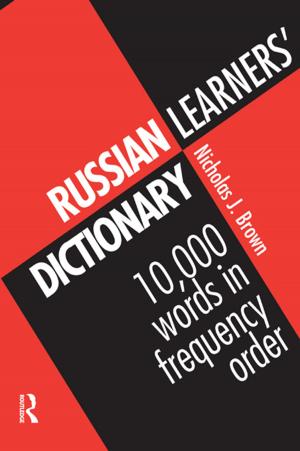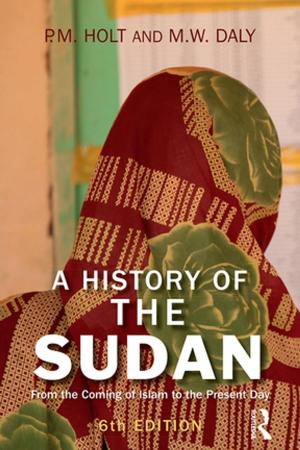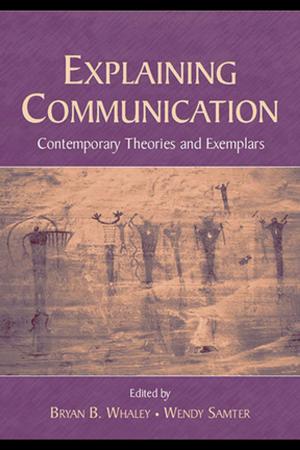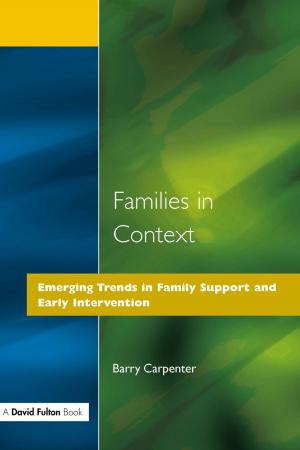| Author: | ISBN: | 9781351890083 | |
| Publisher: | Taylor and Francis | Publication: | May 15, 2017 |
| Imprint: | Routledge | Language: | English |
| Author: | |
| ISBN: | 9781351890083 |
| Publisher: | Taylor and Francis |
| Publication: | May 15, 2017 |
| Imprint: | Routledge |
| Language: | English |
This volume brings together a set of key studies on the history of medieval Central Europe (Bohemia, Hungary, Poland), along with others specially commissioned for the book or translated, and a new introduction. This region was both an area of immigration, and one of polities in expansion. Such expansion included the settlement and exploitation of previously empty lands as well as rulers' attempts to incorporate new territories under their rule, although these attempts did not always succeed. Often, German immigration has been prioritized in scholarship, and the medieval expansion of Central Europe has been equated with the expansion of Germans. Debates then focused on the positive or negative contribution of Germans to local life, and the consequences of their settlement. This perspective, however, distorts our understanding of medieval processes. On the one hand, Central Europe was not a passive recipient of immigrants. Local rulers and eventually nobles benefited from and encouraged immigration; they played an active role. On the other hand, German immigration was not a unified movement, and cannot be equated with a drang nach osten. Finally, not just Germans, but also various Romance-speaking and other immigrant groups settled in Central Europe. This volume, therefore, seeks to present a more complex picture of medieval expansion in Central Europe.
This volume brings together a set of key studies on the history of medieval Central Europe (Bohemia, Hungary, Poland), along with others specially commissioned for the book or translated, and a new introduction. This region was both an area of immigration, and one of polities in expansion. Such expansion included the settlement and exploitation of previously empty lands as well as rulers' attempts to incorporate new territories under their rule, although these attempts did not always succeed. Often, German immigration has been prioritized in scholarship, and the medieval expansion of Central Europe has been equated with the expansion of Germans. Debates then focused on the positive or negative contribution of Germans to local life, and the consequences of their settlement. This perspective, however, distorts our understanding of medieval processes. On the one hand, Central Europe was not a passive recipient of immigrants. Local rulers and eventually nobles benefited from and encouraged immigration; they played an active role. On the other hand, German immigration was not a unified movement, and cannot be equated with a drang nach osten. Finally, not just Germans, but also various Romance-speaking and other immigrant groups settled in Central Europe. This volume, therefore, seeks to present a more complex picture of medieval expansion in Central Europe.
